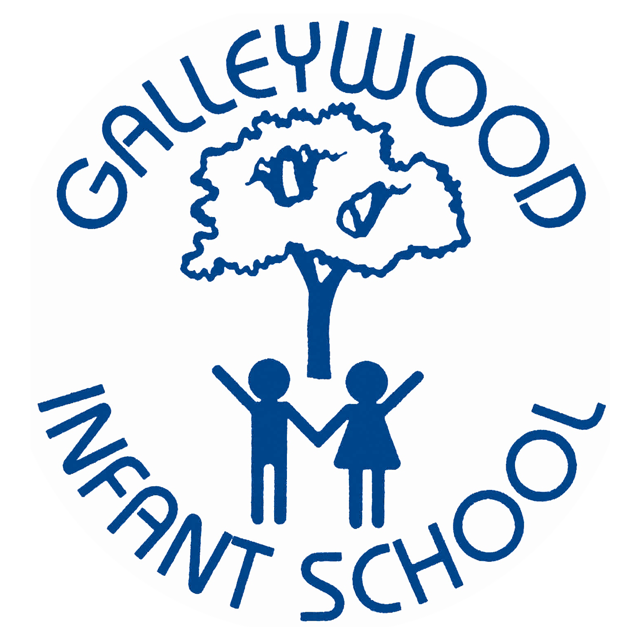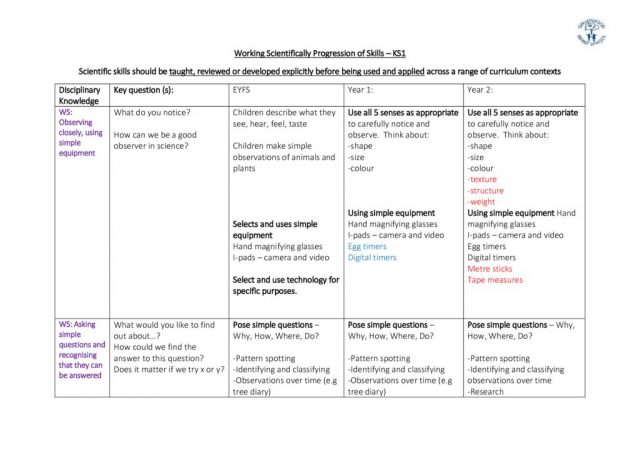Intent:
At Galleywood Infant School we believe that a high-quality science education provides the foundations for our students to understand the world around them in an exciting and rewarding way. Science teaching should foster a healthy curiosity about our universe and stimulate wonder and respect for both living and non-living things and processes. We believe that science lessons should be purposeful, engaging and memorable. Our science offering at Galleywood aims to give children the opportunity to develop the acquisition of knowledge and vocabulary, concepts and scientific skills as well as to recognise the importance of rational explanation. Children are encouraged to understand how science can be used to predict how things will behave and analyse causes. Learning through discovery and first-hand experiences either by the individual, in groups or within a class context is prioritised. Science has shaped the way we live our lives and we want children to appreciate how it will affect their future on a personal, national and global level.
Implementation:
Teachers create a positive attitude to science learning within their classrooms and reinforce an expectation that all pupils are capable of achieving high standards in science. Our whole school approach to the teaching and learning of science involves the following:
- Science is a core subject of the National Curriculum and we will give this important subject the time it deserves. It will be taught in planned and arranged blocks by the year group teams and science subject leader to link into half-termly topic themes where possible. This is a strategy to enable the achievement of a more meaningful learning experience for the pupil and a greater depth of knowledge.
- Science planning is completed collaboratively by the science subject leader and class teachers. It ensures a focus on the key identified knowledge for each topic, which is mapped within and across year groups to ensure progression. Planning involves teachers creating engaging lessons, involving high-quality resources to aid understanding of conceptual knowledge. There are also opportunities to re-visit particular objectives so that learning can be deepened across the year.
- Through our planning, we involve problem solving opportunities that allow children to apply their knowledge, and find out answers for themselves. Children are encouraged to ask their own questions and are given opportunities to use their scientific skills and research to discover the answers. This curiosity is celebrated within the classroom. Teachers use precise questioning in class to test conceptual knowledge and skills, and assess pupils regularly to identify those children with gaps in learning, so that all pupils keep up.
- We build upon the knowledge and skill development of the previous years. As the children’s knowledge and understanding increases, and they become more proficient in selecting and using scientific equipment, collating and interpreting results, they become increasingly confident in their growing ability to come to conclusions based on real evidence.
- Working Scientifically skills are embedded into lessons to ensure these skills are being developed throughout the children’s school career and new vocabulary and challenging concepts are introduced through direct teaching. This is developed through the years, in-keeping with the topics and learning is re-visited through each year to strengthen and deepen understandings.
- Teachers demonstrate how to use scientific equipment, and the various Working Scientifically skills in order to embed scientific understanding. Teachers find opportunities to develop children’s understanding of their surroundings by accessing outdoor learning and workshops with experts.
- Children are offered a range of extra-curricular activities, visits, trips and visitors to complement and broaden the curriculum. These are purposeful and link with the knowledge being taught in class.
- Outdoor learning is an important part of Science at Galleywood Infant School and we are lucky to have direct access to the school grounds, Galleywood Common, farmland and woodland in the wider local area. Outdoor learning supports children to gain first-hand experiences and allows them to explore and identify plants, animals, habitats and seasonal changes.


